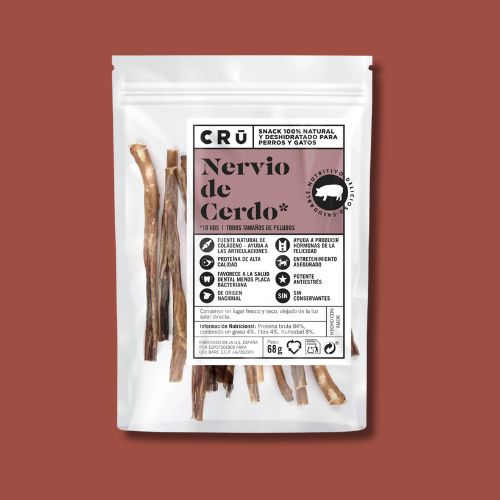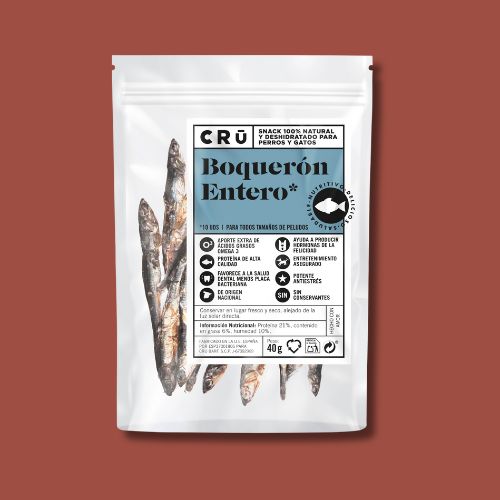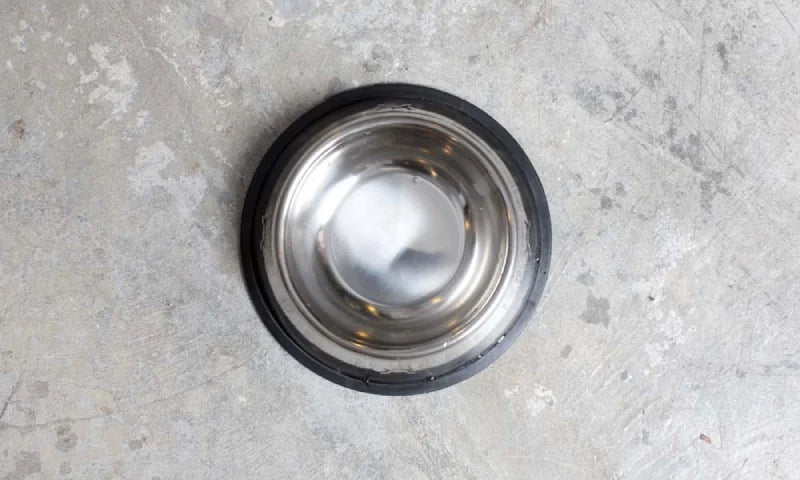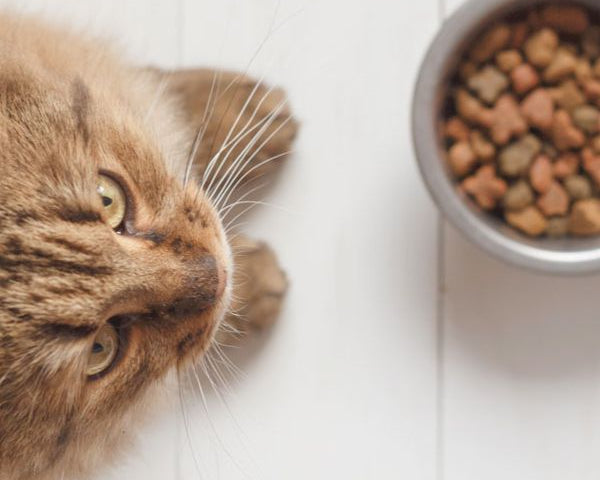Important note: This article only discusses fasting in dogs. Cats should never fast , as their metabolism is not prepared for it.
Fasting as a natural process
Just like humans, some dogs are more gluttonous than others... Some days, Quixote seems to have gone on a hunger strike. Napo could eat endlessly until he burst and still want more... If your dog acts like Quixote, it's not that he's angry or protesting; he's simply decided to fast or cleanse his body by eating less. These attitudes may stem from his wilder past: like wolves today, the canines of that time didn't eat every day; they relied on the game or carrion they found.
From a biological perspective, fasting is embedded in the dog's evolution as a species. Continuously not eating allows the body to activate internal cleansing and regeneration processes, such as cellular autophagy. Voluntary fasting should not be confused with fasting accompanied by diarrhea, abdominal discomfort, or a strange behavior... These are symptoms of illness, and you should see a veterinarian.

When can fasting be useful?
In healthy dogs, programmed fasting can become a very interesting tool:
-
To rest the digestive system from time to time.
-
After small excesses or dietary transgressions.
-
As part of a transition from feed to a natural or BARF diet.
-
In dogs with a tendency to obesity , always under supervision.
-
In times of low activity or extreme heat, when the body doesn't need as much energy.
Don't be afraid of your dog starving: for a healthy dog, sporadic 24-hour fasting is very beneficial. We can fast our dogs once a week or a couple of times a month , depending on their energy level, age, and lifestyle.
But remember! Fresh water must always be available.
Half fast or partial fast
Another option is a semi-fast . If your dog eats twice a day, don't feed him again after the last meal of the day until the following evening. For example, if you skip the morning meal and don't feed him until dinner, he'll go about 12-16 hours without eating.
Tips for very greedy dogs
For furry friends who don't fast or reduce their feedings on their own, just as most cultures and religions recommend fasting periods, we can also implement them in a controlled manner. If your dog is more like Napo—anxious and greedy—to keep things simple, you can offer him a good recreational bone (such as a cow's knee or femur) to keep him entertained and prevent anxiety.
When fasting is NOT recommended
Although fasting has many benefits, there are also cases in which it is totally inadvisable:
-
In puppies , which need a constant supply of nutrients.
-
In older or geriatric dogs , if they are not in perfect health.
-
In pregnant or lactating females .
-
In dogs with low weight, chronic diseases or digestive disorders .
-
If there is vomiting, recurrent diarrhea, or any signs of discomfort.
If you have any questions, it's best to consult a nutritionist or your trusted veterinarian.
How long can a dog fast?
A healthy dog can fast for up to 24 hours without any problems . In fact, many experts recommend implementing short fasts periodically. In some specific cases, such as cleansing or detoxification protocols, longer fasts can be implemented under professional supervision. Instead of food, bone broth or water with natural electrolytes can be offered to maintain hydration and support the digestive system.
Fasting and BARF diet
In the raw feeding approach or BARF diet , fasting is not only welcome: it is part of the dog's biological balance.
-
Fasting is often incorporated as part of biological balance.
-
Many families that feed BARF diets opt for 1 day of fasting per week , with good results in adult dogs.
-
Partial fasting can also be used, for example, with only broth, on hot days or after overindulging.
Benefits attributed to fasting in dogs
Fasting (and semi-fasting) helps the body enter ketosis , a metabolic state in which fats are used as the primary source of energy, and also purifies the body. Some proven or suggested benefits include:
-
Promotes cellular purification (autophagy)
-
Reduces chronic inflammation
-
Contributes to cancer prevention
-
Improves insulin sensitivity
-
Stimulates the immune system
-
Helps regulate appetite and metabolism
This also applies to humans: you can fast together with your dog to accompany him and create a small health ritual together.
From the documentary Dog Cancer :
" Your animal will not die if you don't feed it for a few hours or even a day," Rodney indicated. "The opposite is even more significant," Dr. Mercola added . "Not only will they not die, but if you don't implement the fasting protocol correctly, you will prematurely shorten their life. I guarantee you that, there's no doubt about it. They were designed to fast, and if you deny them food because you somehow think they're hungry, you will kill them prematurely ."
References
- Dogs Naturally Magazine
- Mercola HealthyPets - Pet Nutrition and Animal Wellness
- Veterinary Practice News











